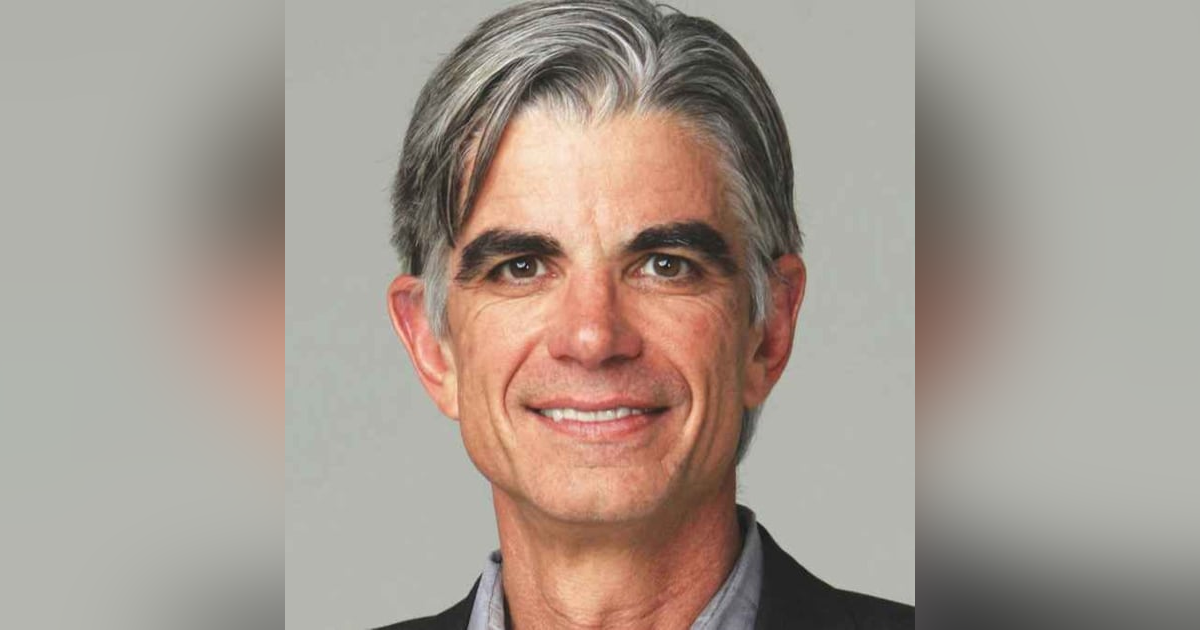413: Michael Moss, part 1.5: Maybe that was the addiction speaking

Michael wrote me the morning before we scheduled this conversation to say he ended up spending more time on the screen when he intended less. He wondered if we should skip it. Longtime listeners may remember similar results with guests Jim Harshaw and Caspar Craven.
I told him I'm not looking for a Disney version implying that acting sustainable was easy. I believe listeners engage more with hearing the challenges than perfection, though it would mean him sounding human. He magnanimously agreed. So we'll get to hear his challenges.
As it happens, his next book is called Hooked: Food, Free Will, and How the Food Giants Exploit Our Addictions, which overlaps with getting hooked on screen time. We ended up with some sneak preview of the book and how it relates to polluting behavior, especially Michael's challenge.
We describe a parallel between changing eating habits and sustainability habits came across, as well as the techniques doof industries use to establish habits that help them, however unhealthy for you or damaging to Earth's ability to sustain life and human society. Since they work to get past your defenses, often with children too young to have developed defenses, I would call them insidious or creepy, like a tick creeping slowly past your defenses.
The challenge in changing these habits, from one perspective, is to create new neural pathways. We focus on the objects of our craving and the craving, but looking past our craving to seeing that we are training ourselves and the feelings of withdrawal will pass seems to make it
easier.
Hosted on Acast. See acast.com/privacy for more information.







